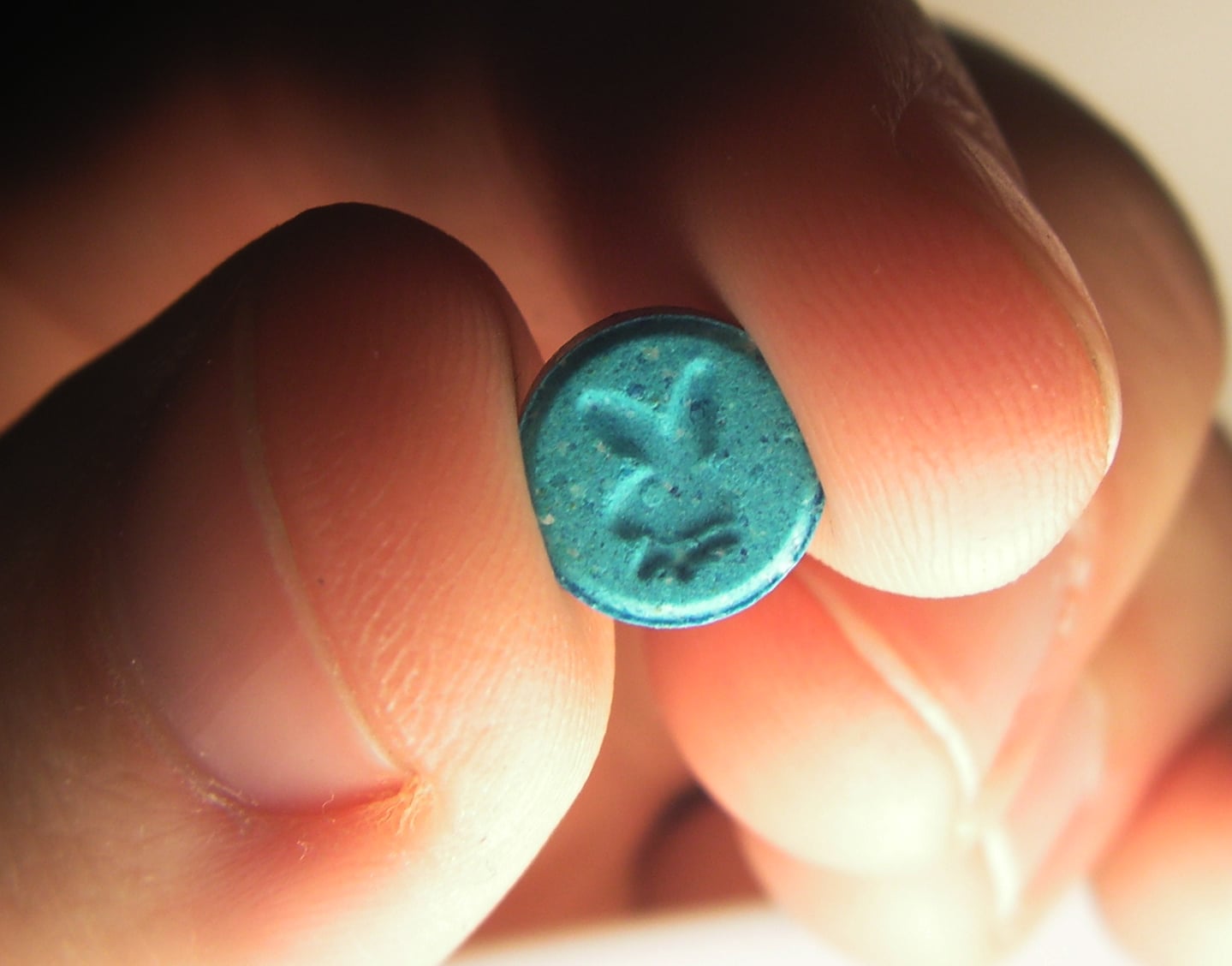
Ketamine shows promise as a means of interrupting depressive episodes. Image Source: Flickr user Victor.
One of the biggest downfalls in the conventional treatment of depression is the amount of time it takes for the drugs to take effect. Conventional antidepressants like SSRIs largely target the serotonin system—which has long been thought to be the hormone responsible for depression—but the medical community acknowledges that these medicines are far from ideal. In addition to unwanted side effects, serotonin-based therapies don’t work for everyone, and most importantly, they can take up to 2-3 weeks for their effects to be felt.
The lag in effect has caused researchers to reevaluate the way depression works. The treatment gap inherent in many antidepressants suggests that therapies like serotonin target systems further removed from the central functions of depression in the brain. Over time, the effects of serotonin eventually reach their proper target, but the delayed effect implies that a serotonin imbalance is not the primary cause of depression.
Even for people struggling with treatment-resistant depression, ketamine has been known to bring a depressive episode to a halt almost immediately—usually within a day or even a few hours of treatment. Recent research into this ability backs up the evidence that we may be targeting the wrong parts of the brain. But beyond brain chemistry, ketamine’s transpersonal qualities trigger a breakthrough experience that helps people get to the root of their depression.
The Evidence for Treating Depression with Ketamine
Just how exactly ketamine works is still unclear, but research suggest that the antidepressant effects of ketamine arise from its relationship with glutamate, a neurotransmitter in the brain that sends messages related to motor function, emotion, and memory. Because ketamine targets a completely different system than conventional antidepressants—the glutamate system—it seems that the transmission of glutamate plays a key role in depression.
Human clinical studies on using ketamine to treat depression, while few, are promising. In 2006, a team at the National Institute of Mental Health (NIMH) assessed the effects of ketamine on a group of 18 study participants diagnosed with major, treatment-resistant depression. The participants who received ketamine—evaluated under the Hamilton Depression Inventory—showed significant improvement in depression symptoms compared to the placebo group within 110 minutes of administration, and 35% of those treated with ketamine still showed benefits a week later.
A follow-up study in 2013 looked at the effects of a related compound called laniceme, which is similar in chemical makeup to ketamine but lacks its psychoactive properties. Patients treated with laniceme also showed improvements in symptoms of depression, but the change was not quite as pronounced as with ketamine. These findings suggest that the psychedelic qualities of ketamine actually enhance its antidepressant effects rather than hamper it.
Currently, clinical trials by the same NIMH research group are underway. We should be hearing the official results in the next few months, but anecdotal evidence from study participants so far is very promising. As one woman interviewed by NPR reported of her experience, “It was almost immediate, the sense of calmness and relaxation.” Another participant said: “Monday afternoon I felt like a completely different person. I woke up Tuesday morning and I said, ‘Wow, there’s stuff I want to do today.’ And I woke up Wednesday morning and Thursday morning and I actually wanted to do things. I wanted to live life.”
What You Can Expect from Ketamine-Assisted Psychotherapy
By now, you might be curious about treating your depression with ketamine, but what exactly can you expect from a ketamine session? Depending on the dose, the feelings that arise during the experience can range from empathogenic to ego-dissolving, and the psychoactive properties of ketamine mean there is the possibility of seeing visions similar to what you’d experience with other psychedelics. But while the actual experience can be intense, it’s the feelings that linger in the aftermath of ketamine that make it so promising as an antidepressant.
Like the participants in the NIMH study, most people experience an immediate break from depressive symptoms and are left with feelings of love, compassion, and peace in the days following. A study published in the International Journal of Transpersonal Studies termed this phenomena as ketamine’s “psychedelic afterglow,” a state characterized by people’s reports of “increased psychological clarity, feelings of being cleansed, increased confidence, feelings of happiness and well-being, state of inner peace, feelings of detachment, motivation to improve oneself, and strong feelings of empathy for everyone.” These effects are usually most pronounced in the days afterward but can last weeks or even months after treatment.
However, not all treatments are created equal, and leading experts on ketamine are quick to point out that, ideally, ketamine should always be used in conjunction with psychotherapy for a lasting benefit. The same study that described ketamine’s psychedelic afterglow also outlines the three basic stages of ketamine-assisted psychotherapy (which will look very familiar to anyone versed in the principles of psychedelic therapy): preparation, administration, and integration.
In the preparatory phase, a counselor or therapist works with the individual to determine the appropriate dose and set expectations for the experience, explaining that ketamine may induce personal insights that can sometimes be intense. In the next step, the medicine is actually administered in a clinical setting, with medical staff on hand in case of an emergency. In the final integration stage, which begins as soon as the session is over, a therapist works with the person to integrate the insights they’ve gained from the experience as it relates to their depression. Having a therapist on hand before, during, and after the experience creates a network of support that helps individuals uncover and process any deeply-rooted psycho-emotional issues the treatment brings up.
Using Ketamine Responsibly
While ketamine is not known to be biologically addictive or to cause death or injury from acute administration, there are some risks you should be aware of before undertaking a ketamine experience. The periodic use of ketamine hasn’t shown to have permanent effects, but continuous use can lead to psychological dependence, and preliminary research suggests that the continued use of ketamine at high doses may damage the urinary tract and kidneys. Working with a certified clinician or therapist can help you avoid these risks and get the most benefit from your ketamine experience.
As a dissociative anesthetic, ketamine has powerful analgesic, anxiolytic, and anesthetic properties, which make it ideal for people dealing with depression that arises from chronic pain. Beyond these physiological effects, the unique psychoactive properties of ketamine can—with the support of psychotherapy—help individuals identify and address any long-held trauma that may be contributing to their depression. Rather than simply diminishing the symptoms of depression, ketamine’s transpersonal qualities offer the chance at a breakthrough experience that can jump-start your recovery.









